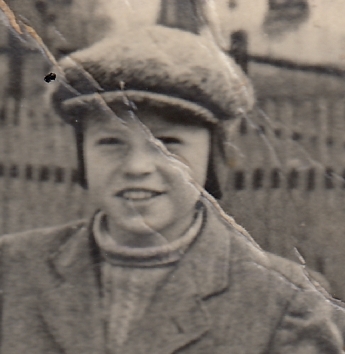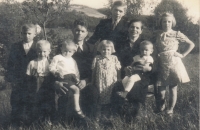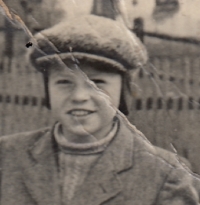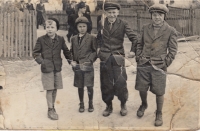The metal sheets were flying like cigarette papers

Download image
Václav Pavlíček was born on September 27, 1935 in Kašava near Zlín. At the end of August 1944, nine-year-old Václav witnessed the crash of an American bomber in Kašava. In 1945 the family moved to the borderlands. They settled in the largest farm in the village of Nová Véska near Bruntál. They lived there for a short time with the original German owners. After the communist takeover and the subsequent collectivisation, father Alois Pavlíček refused to join the unified agricultural cooperative (JZD) for a long time. After pressure, he became a member, but when he saw how his cattle were treated, he dragged them home and left the JZD. Shortly afterwards, his father and eldest son Alois were sent to prison for theft of property. When his father returned home from prison after a year, he started farming again. But in 1956 he died of a heart attack and the JZD finally took over the farm. Václav Pavlíček graduated from forestry school and worked as a forester after the war. He never joined the Communist Party. During the Prague Spring, he became a member of the regional committee of the Revolutionary Trade Union Movement (ROH) within the Czechoslovak State Forests. With the beginning of normalisation, his membership in the ROH was revoked and he had to face pressure from the communist regime because of his children’s religion. After the revolution he joined the Civic Forum and later the ODS. In 2024, catastrophic floods hit Domašov, where he lived, and destroyed his garden. Although he suffered great damage, his house eventually withstood the worst thanks to a large oak tree that held up the crumbling slope above the house.


